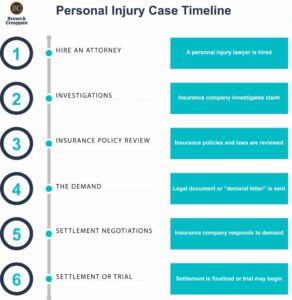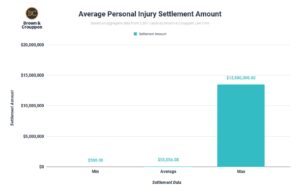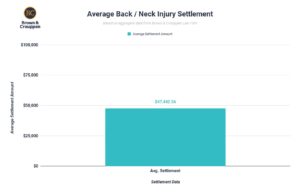The facts and circumstances of the case will ultimately determine whether a lawsuit is taxable. It is true that the IRS will not disturb an allocation if it is consistent with what is contained in the settled claims.
Note: If there is a settlement received for personal injury, the person receiving the settlement must include the portion of the settlement in income that is for medical expenses that was deducted in prior years to the extent those such deductions provided a tax benefit. See Recoveries in Publication 525 on how to calculate the amount to report. When reporting, the tax benefit amount should be reported as “Other income” on line 21 of Form 1040.
As for emotional distress or mental anguish in a personal injury case are treated the same as the proceeds received for personal injury. If proceeds do not originate from a personal injury, then they must be included in your income. The amount you include is reduced by 1) amounts paid for medical expenses not previously deducted 2) previously deducted medical expenses that did not provide a tax benefit. The net taxable amount should be reported as “other income” on line 21 of Form 1040.
Property damage settlements for loss in value and property are not taxable and generally do not need to be reported on the tax return. If the property settlement goes above the adjusted basis in the property, the excess is income. For instructions on this, see Schedule D (Form 1040) Capital Gains and Losses and the instructions for Form 4797.
When punitive damages are part of a settlement, it is taxable and should be reported as “Other Income” on line 21 of Form 1040.
For additional questions and information, see Publication 525, Taxable and Nontaxable income, visit www.irs.gov or call 800-829-1040.








